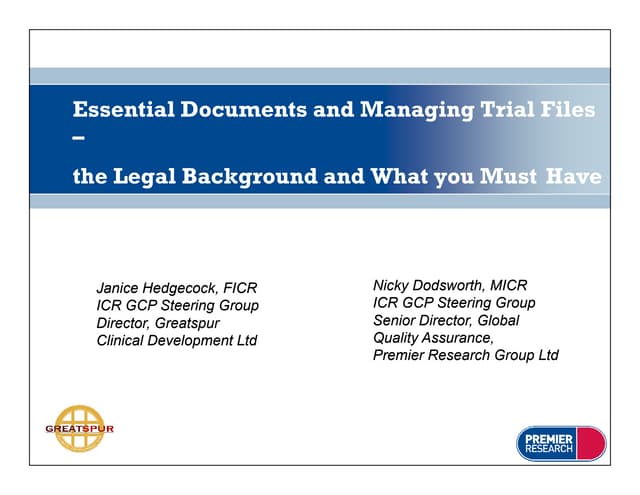Essential Documents Revealing House Details: A Guide

Are you in the process of purchasing a property and want to ensure you have a comprehensive understanding of the house you're interested in? Understanding the documents associated with a property is not just a formality; it's an essential step in making an informed investment. Whether you're a first-time homebuyer or a seasoned investor, knowing how to read, interpret, and utilize these documents can significantly influence your decision-making process. Here's a detailed guide to help you navigate through the essential documents that reveal the intricate details of a house.
1. Title Deed or Land Title


The title deed is the primary document proving ownership of the property. Here are the key elements:
- Name of the Owner: This indicates the current legal owner.
- Description of Property: Includes the location, size, and boundaries of the land and structures.
- Encumbrances: Any mortgages, liens, or easements affecting the property.
- Transaction History: Details of previous transfers, including dates and parties involved.
📘 Note: The accuracy of this document is critical, and any discrepancies can lead to legal issues.
2. Property Survey Report


A survey report provides a detailed layout of the property, showing:
- Boundaries
- Improvements (buildings, fences, etc.)
- Easements or rights of way
- Setbacks and zoning restrictions
3. Building Plan and Approvals


The building plan document is a blueprint of the house, showing:
- Floor layouts
- Architectural details
- Structural changes over time
- Approval stamps from relevant authorities
🔍 Note: Ensure the actual structure matches the approved plan, as deviations could lead to legal disputes or issues with future renovations.
4. Certificate of Occupancy

The Certificate of Occupancy (C of O) confirms that the building is fit for habitation. It typically lists:
- Legal use of the property (e.g., residential, commercial)
- Conformance with local building codes
- Any restrictions or conditions
5. Property Tax Receipts

Property tax documents show:
- Annual or semiannual tax obligations
- Exemptions or rebates if any
- Historical payment records
6. Home Inspection Report


A home inspection report details the condition of the house at the time of inspection, highlighting:
- Structural integrity
- Electrical, plumbing, and HVAC systems
- Roof condition
- Recommendations for maintenance or repairs
⚠️ Note: Some issues might require professional remediation, affecting the purchase decision or price negotiation.
7. Mortgage Documentation

If the property is financed:
- Mortgage agreement
- Interest rates and repayment schedules
- Any clauses or covenants
8. Utilities and Service Agreements

These contracts show:
- Existing connections for water, electricity, gas, etc.
- Current supplier details
- Transferability of the agreements
9. Environmental Impact Assessment

Particularly relevant for rural properties, this document discusses:
- Potential contamination issues
- Wildlife impact
- Zoning for environmental protection
10. Community or Homeowners Association Documents

| Document | Details |
|---|---|
| Bylaws | Rules and regulations governing the community |
| Financial Statements | Budgets, assessments, and dues for HOA |
| Meeting Minutes | Historical records of community decisions |

In navigating through the home buying process, understanding the full scope of these documents gives you a clear picture of what you're investing in. By reviewing them, you not only ensure legal protection but also inform your negotiation strategy. Each document sheds light on different aspects of the property, from legal ownership to the physical condition, financial obligations, and community regulations.
If you've embarked on this journey with the right preparation and knowledge, you can confidently move forward, assured that you've made a well-informed decision. Remember, property documents are not merely paperwork; they are your roadmap to a secure investment in your future home or investment property.
Why is the Title Deed so important?

+
The Title Deed is crucial as it proves ownership and outlines any liens or encumbrances on the property, protecting your legal rights as the owner.
What if the house doesn’t match the building plan?

+
If there are discrepancies, you might face legal issues or difficulties during renovations. It’s advisable to address these discrepancies before purchase.
How do property taxes affect homeownership?

+
Property taxes are a recurrent expense that impacts the total cost of ownership. Understanding your tax obligation helps in budgeting and assessing affordability.
What should I look for in a home inspection report?

+
Pay attention to structural integrity, major system conditions (like HVAC), and any recommendations for immediate or near-future repairs.